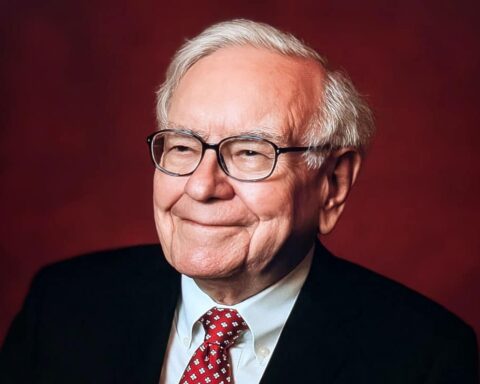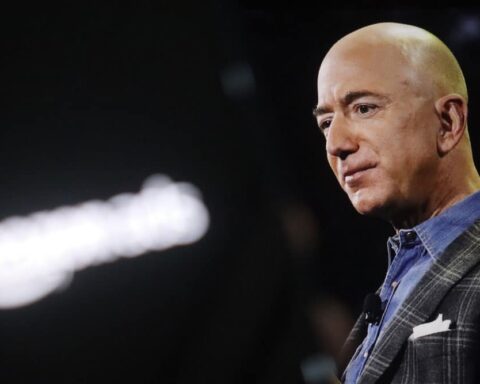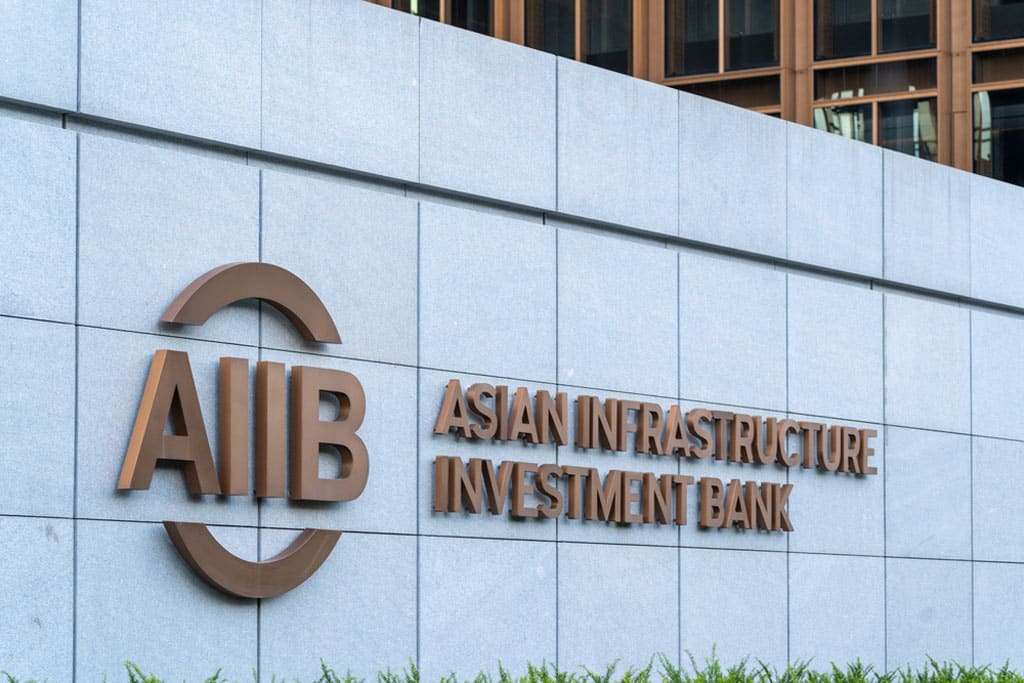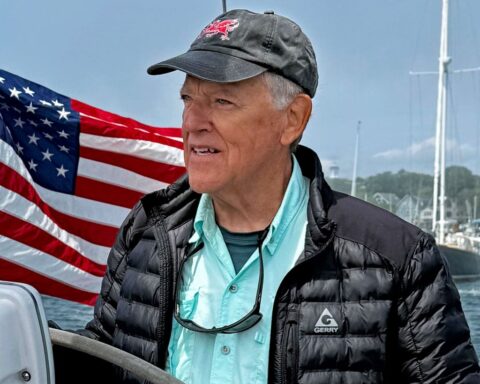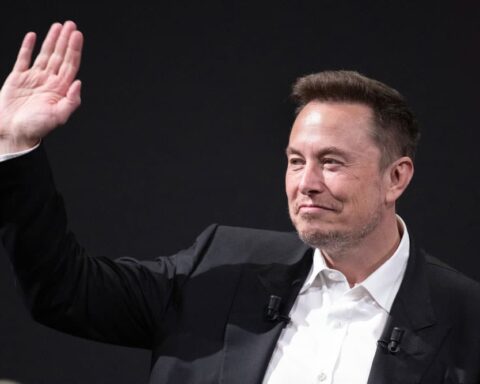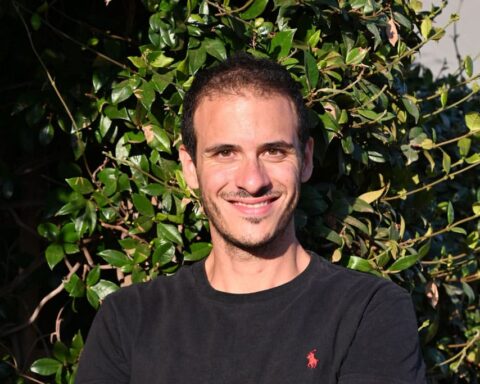“Criticism of rising protectionism emphasizes the need for free trade and access to renewable energy products as the world shifts towards a greener economy.”
In a recent address at the Group of Thirty (G30) International Banking Seminar, Jin Liqun, President of the Asian Infrastructure Investment Bank (AIIB), voiced his concerns regarding the increasing trade barriers imposed by advanced economies, particularly affecting the renewable energy sector. Jin emphasized that the era of free trade is dwindling, stating, “There is no longer free trade in the global economy.”
Trade Conflicts and Emerging Competitiveness
The AIIB president highlighted the rising tensions between advanced and emerging economies, attributing these conflicts to the enhanced competitiveness of manufacturers in developing nations. He pointed out that as these economies build their trade capacity, they face accusations of overcapacity, regardless of the benefits they may provide to their trade partners. “It’s no longer free trade because you cannot rely on the WTO rules,” Jin asserted.
This shift away from free trade is particularly concerning given the urgent need for cooperation in addressing climate change. Jin underscored the growing barriers to trade in low-carbon and renewable energy products, stating, “What worries us even more is the barriers to trade in low carbon and renewable energy products, which are rising even faster, just when we need more of these green products to save the planet.”
AIIB’s Growing Influence
Established in 2016 as China’s response to the World Bank, the AIIB has quickly gained prominence, recently welcoming its 110th member state during its annual meetings in Uzbekistan. With a triple-A credit rating, the bank is becoming a pivotal player in facilitating connections between economies as China seeks to expand its global influence.
The AIIB has attracted a diverse membership that includes major economies such as the United Kingdom, India, South Korea, France, and Germany. Despite several Western nations joining the AIIB, the United States has opted not to participate, choosing instead to maintain its influence through the World Bank, where it holds approximately 16 percent of the voting rights.
Conclusion
Jin Liqun’s remarks serve as a crucial reminder of the challenges facing global trade, especially in the context of the ongoing transition to a greener economy. As protectionism rises, the call for free trade and collaboration becomes increasingly vital, particularly in the renewable energy sector, where innovation and accessibility are essential for combating climate change. The AIIB stands at the forefront of this conversation, advocating for a more inclusive and sustainable economic future.
Post Views: 305


